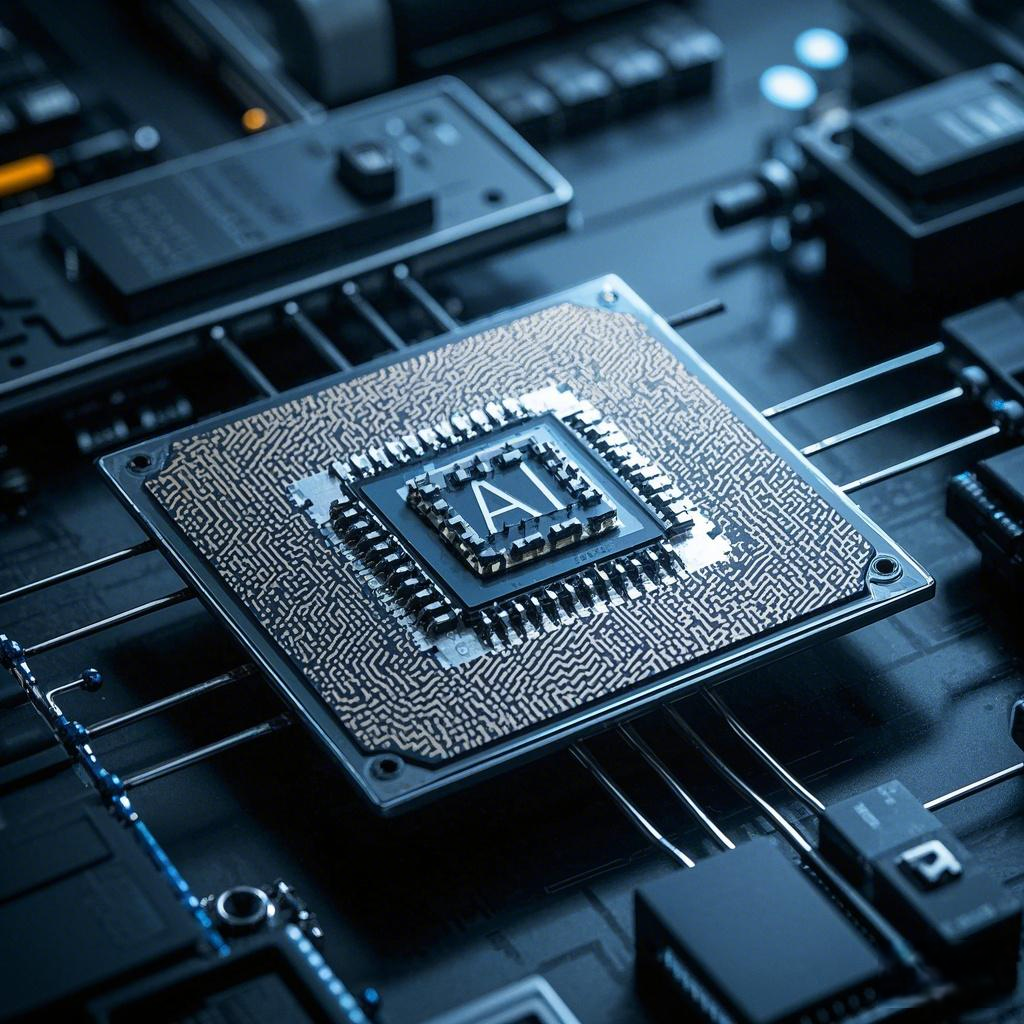With the boom in artificial intelligence, the demand for high-performance chips has risen sharply, and Ibiden, a major supplier to leading global technology companies such as Nvidia, is accelerating its capacity expansion to cope with this surge in demand.
Strong orders drove the expansion
Koji Kawashima, president of the company, said that the company's current substrate orders in the field of AI are full, and customers have already ordered all of their products, and this high demand is expected to continue until the whole of 2025. This situation prompted ifidian to accelerate its capacity expansion plans. It is worth noting that all of NVIDIA's current AI semiconductor products rely on the substrate of ifidian, which provides strong support for it to further strengthen its market position.
However, despite the company's solid market share in this segment, competitors such as Taiwan's Nanya Circuit Board are also actively seeking to enter this high-growth market, and the competitive pressure is increasing.
Construction of a new plant to meet demand
To meet the growing demand, the company has built a new substrate plant in Gifu Prefecture, Japan. The plant is expected to be operational at 25% capacity in the fourth quarter of 2025 and is scheduled to reach 50% capacity by March 2026. However, Koji Kawashima revealed that despite this, the existing expansion plan may not be enough to meet market demand, and the company is considering when to start the remaining 50% of production capacity and further expand investment.
Customers are concerned about future capacity expansion, and we have also received inquiries about future investment plans and the next capacity expansion. Koji Kawashima said that the company will pay close attention to market dynamics to ensure that it can respond to rapidly growing demand in a timely manner.

Figure: The company is accelerating its production expansion to meet the surging demand for AI chip packaging substrates
Our corporate background is working with our customers
Founded in 1912 as an electric utility company, Ifidian has developed deep semiconductor expertise through its partnership with Intel. Today, the company has become a major player in the field of semiconductor packaging substrates in the world, and its customer base includes well-known technology companies such as Intel, Supermicro, Samsung Electronics, TSMC and NVIDIA. Since the packaging substrate needs to be customized for each chip, many customers work with iFIDIAN at an early stage of product development to ensure that their production lines can precisely meet the specific needs of the chips.
Market outlook and competitive situation
Although the company faces challenges from competitors in Taiwan and other places, industry analysts generally believe that the company is still in a leading position. Hideki Yasuda, an analyst at Toyo Securities, pointed out that NVIDIA's AI chips require extremely sophisticated packaging substrates, and Nvidia is the only company that can produce them on a large scale with good production yields. In contrast, Taiwan's competitors will struggle to capture the market share of ifidian in the short term.
However, Koji Kawashima also said that although the company currently has an absolute advantage in the field of AI packaging substrates, other overseas companies may gradually enter this market in the future. It is expected that after 2025, the competition in the packaging substrate market will become more intense.
According to Prismark, the global packaging substrate market is expected to grow from $14.2 billion in 2021 to $21.4 billion in 2026, at a CAGR of 8.6%. Among them, ABF substrates, as the fastest-growing category in IC packaging, are expected to become the main driving force for market growth, driven by AI servers.
Summary
With its strong technical strength in the field of AI chip packaging substrates, iFIDIAN has become an important supplier to global technology giants. With the rapid development of the artificial intelligence industry, iFIDIAN will continue to accelerate the expansion of production capacity to meet future market demand. However, in the face of increasingly fierce market competition, how the company can cope with new challenges while maintaining technological leadership will be the key to its future development.






